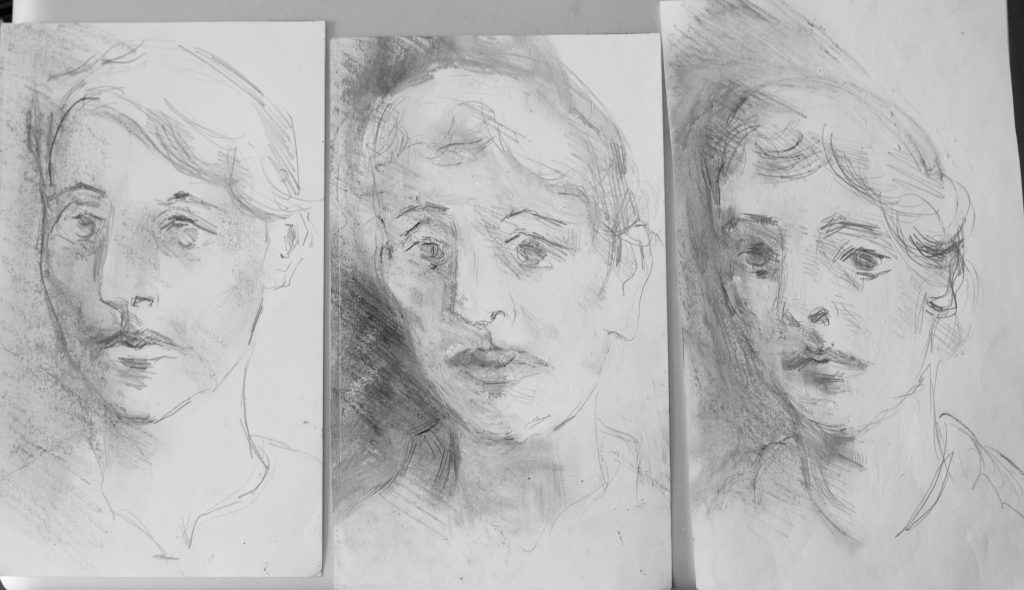Anarchy is so central to the protagonists and to the life of this play, that some examination would be helpful. The usual dictionary meaning of anarchy is the opposite of anarchy as lived by Emma Goldman. Shakespeare uses the received meaning when In Julius Caesar he says that “mere Anarchy is loosed upon the world.” Anarchy in this sense is total disorder. All bonds are broken, violence and cruelty reign. The Anarchy of Emma Goldman is rooted in a vision of harmony and love. More precisely, and historically it arose in reaction to the rise of Industrial Capitalism. Two paths emerged out of this humanistic reaction to the destruction of community. One path seeks fully human existence, through authoritarian control. Marx for example,argued that a kind, fair, merciful world would emerge from the dictatorship of the Proletariat. Marx’s opponent Bakunin, the founder of modern anarchism, argued that only humane means (e.g. non-authoritarian means) could produce a humane outcome.

Sketches of Emma Goldman by Avron Soyer
Emma strongly asserted the unity of means and ends. Much of Emma Goldman’s particular historical significance is that she represented these values at a time when the hopes of humanity were betrayed by communist authoritarianism. Emma and Sasha saw this betrayal first hand and recognized it for what it was. Luckily, they were able to escape and testify against it. Emma never abandoned her humanity and concern for individual human beings in favor of some cold theoretical master plan. In the US, and elsewhere, the eventual exposure of communism led to a failure of faith. Many people lost hope, fearing that the attempt to move beyond the cruelty of capitalism will land us in a worse place. Emma Goldman opposed both Capitalism and Communism. In her life and ideas, (in theory and practice) she was a champion of humanity.
Emma’s life is and will remain a seed of hope from which (with our help) a humanistic world might eventually grow.
-Avron Soyer

